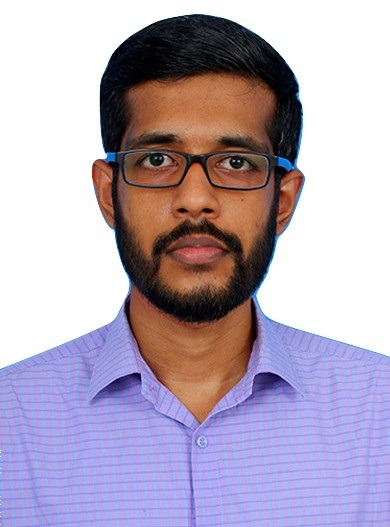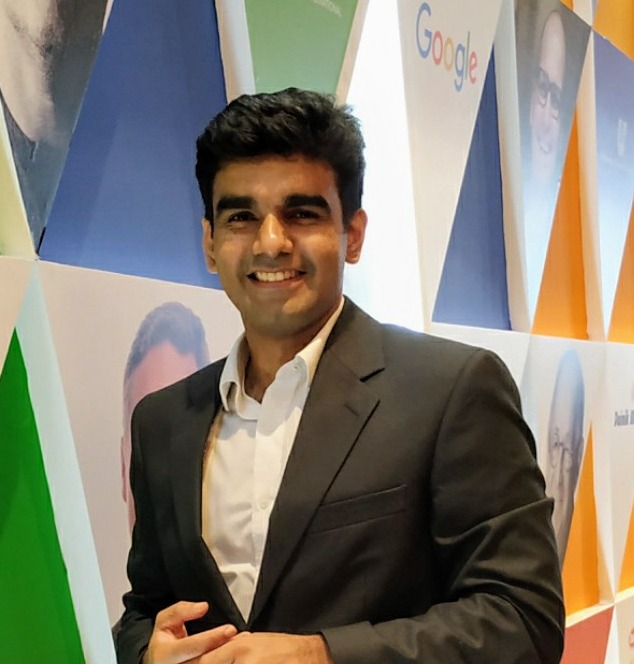Message From HoD
.jpg)
Dr. Sobha Xavier P
It gives me immense pleasure to lead the Department of Computer Science & Engineering, the most sought programme by the students. We are thrilled to be partnering with you as you participate in an exciting educational journey of discovery.The modern era has witnessed a rapid development in Computer Science & Engineering, both in hardware and software. Each year, a host of new advancements is unveiled, in Cloud Computing, Edge Computing, Artificial Intelligence, Machine learning ,Data science etc. As the desire for advanced technology continues to increase, so too does the demand for Computer Engineers. The students of the Computer Science & Engineering are highly demanded by the recruiters of the top companies. Thus, the scope of Computer Engineering is endless.
The Department of Computer Science & Engineering is one of the oldest departments which is established in year 2002.The prime motive of the Department is to provide quality education to students. The excellent infrastructure and teaching faculty of the best kind ensuring quality education, are the key parameters of the Department. Through innovative teaching-learning process and leadership building experience at the Department, students gain vital communication and critical-thinking skills. The Department has always been providing a platform for the students to enhance their employability skills through Industry-Department Collaboration with MoUs. All faculty members of the Department of Computer Science & Engineering, are strongly committed to supporting your success. In return, we know you will study hard, seek out and respect the opinions of faculties and find opportunities to give back to your society. We are confident that our students will emerge as assets not only to this instit
Best regards,
Dr. Sobha Xavier P
HoD
Department of Computer Science & Engineering
Jyothi Engineering College
.jpg)














